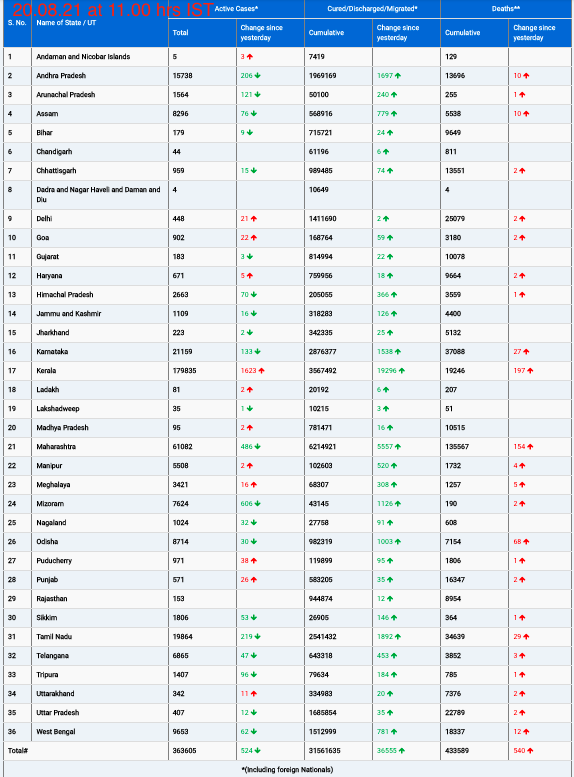Researchers at Weill Cornell Medicine have made a groundbreaking discovery that could pave the way for new treatments for fibrosis, a condition characterized by the formation of scar tissue that hampers organ function. Their study, published on February 20 in Nature Communications, identifies a protein called SEL1L as a critical player in clearing collagen from tissue, offering insights that may lead to the development of drugs for fibrotic diseases like lung fibrosis, which currently lack effective therapeutic options.
Led by corresponding author Dr. Michael J. Podolsky, assistant professor of medicine at Weill Cornell Medicine, the team conducted a comprehensive search of the human genome for genes involved in the process that triggers specialized cells to engulf and digest excess collagen from tissue. Fibroblasts and macrophages, the cells responsible for this process, pick up collagen fragments for degradation in lysosomes, the cellular “trash compactors.”
In healthy lungs, collagen synthesis and degradation are balanced to maintain tissue architecture. However, in conditions like pulmonary fibrosis, this balance is disrupted, leading to excessive collagen accumulation and scar tissue formation. The researchers uncovered a mechanism by which cells internally detect collagen production and regulate its clearance in tissues. The protein SEL1L acts as a sensor, responding to collagen production by triggering another protein called MRC2, which facilitates the uptake and disposal of collagen.
Their study suggests that a defective collagen-clearing pathway involving MRC2 is a key factor in the imbalance observed in fibrotic diseases. Increased SEL1L production in cells leads to elevated MRC2 levels, preventing collagen accumulation. This pathway holds promise as a therapeutic target for driving increased collagen clearance to improve fibrosis when impaired.
Dr. Podolsky, who is also an attending physician at NewYork Presbyterian/Weill Cornell Medical Center, plans to further investigate how SEL1L is impaired in fibrotic human lungs. The research team is also exploring the molecular consequences of inadequate MRC2 activation in pulmonary fibrosis.
This groundbreaking research was supported in part by the National Institutes of Health grant K08 HL145015 and a Grant-in-aid from The Stony Wold-Herbert Fund.











